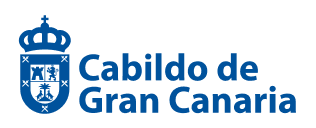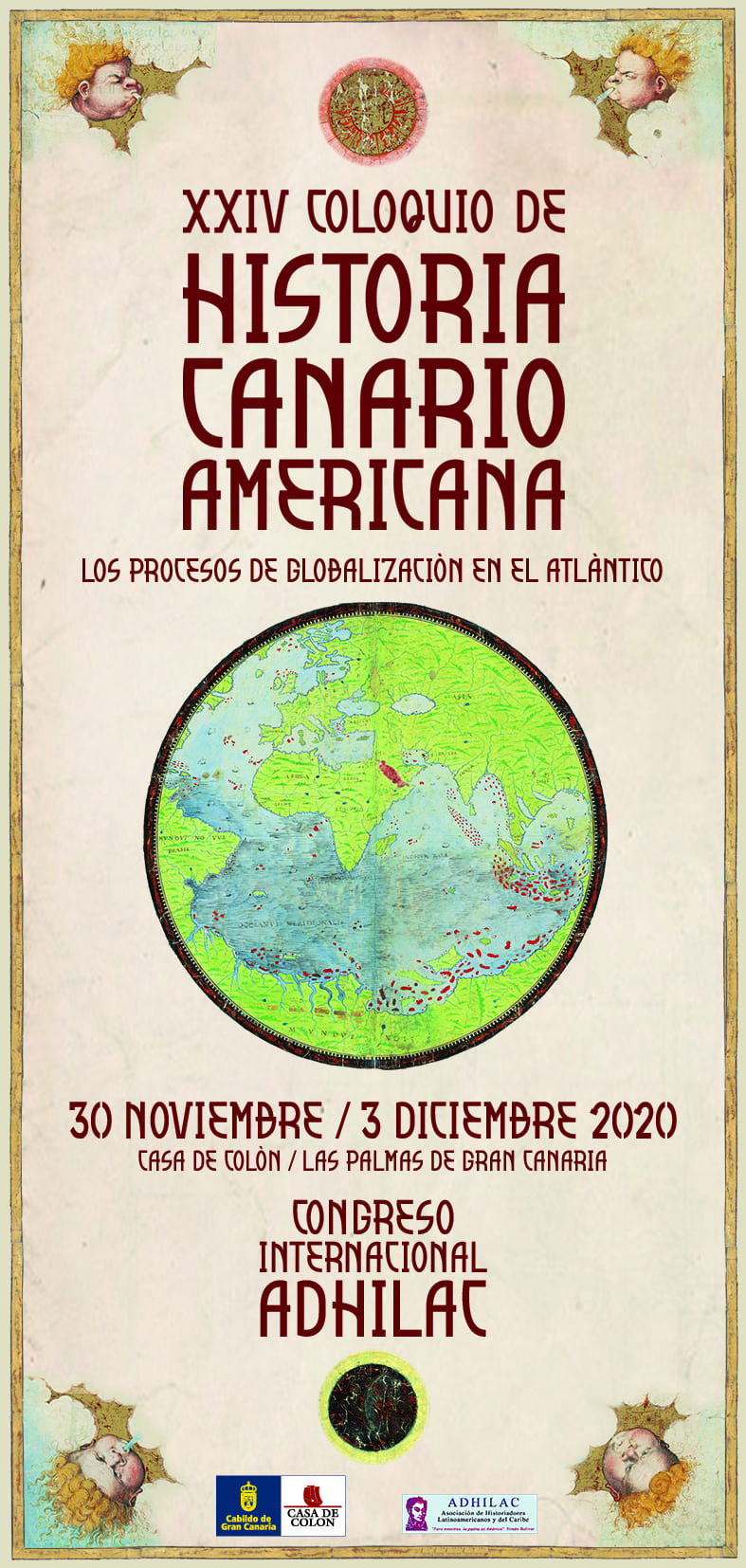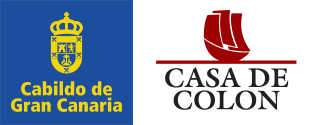«El turismo es lucha; lo nuestro, también»: la presencia de las luchas tradicionales en la oferta turística / «Tourism is a fight; ours, too»: the presence of traditional struggles in the tourist offer. The example of the canarian struggle
Resumen
Este trabajo trata cómo las luchas tradicionales son tratadas por la oferta turística, y representadas en el marco del desarrollo turístico. Para ello se analizaron los contenidos de páginas web de agencias turísticas nacionales o regionales en aquellos países con luchas tradicionales catalogadas como «patrimonio inmaterial de la humanidad» por UNESCO. También consultamos su presencia como producto turístico. Para concluir centrándonos en las Islas Canarias y la lucha canaria. Los deportes tradicionales son recursos auto identificadores de primer orden, que cuentan con apoyos institucionales. Reconocidos socioculturalmente, y empleados para consolidar la imagen exterior del país y favorecer elementos culturales aglutinadores que favorezcan la constitución de un estado-nación fuerte, y que consolidan la noción de una nación anclada en elementos tradicionales, culturales y respetuosos con la diversidad. El estudio nos ha permitido calibrar el alcance de la potencialidad turístico-deportiva en relación con su significación como patrimonio cultural. También conocer las distintas estrategias en torno a la oferta turística. Y los posibles impactos auspiciados por esta interrelación, no siempre deseados.
The aim of this chapter is to reflect on how traditional struggles are dealt with by the tourist offer, and are represented within the framework of tourist development. To do this, we analyzed the contents of the web pages of national or regional tourist agencies in those countries with traditional struggles classified as «intangible heritage of humanity» by UNESCO. We also analyze its presence as a tourist product. We finally conclude by focusing on the Canary Islands case and the Canarian fighting. Traditional sports are very relevant self-identifying resources, having also a strong institutional support. They have sociocultural recognition and are alto tools to consolidate the external image of the country and favor, agglutinating cultural elements that favor the constitution of a strong nation-state; a nation concept anchored in traditional, cultural and diversity-friendly elements. The study allowed us to calibrate the scope of tourism-sports potential in relation to its significance as cultural heritage, but also to learn about the different strategies around the tourist offer and the eventual impacts sponsored by this interrelation, not always desired.




